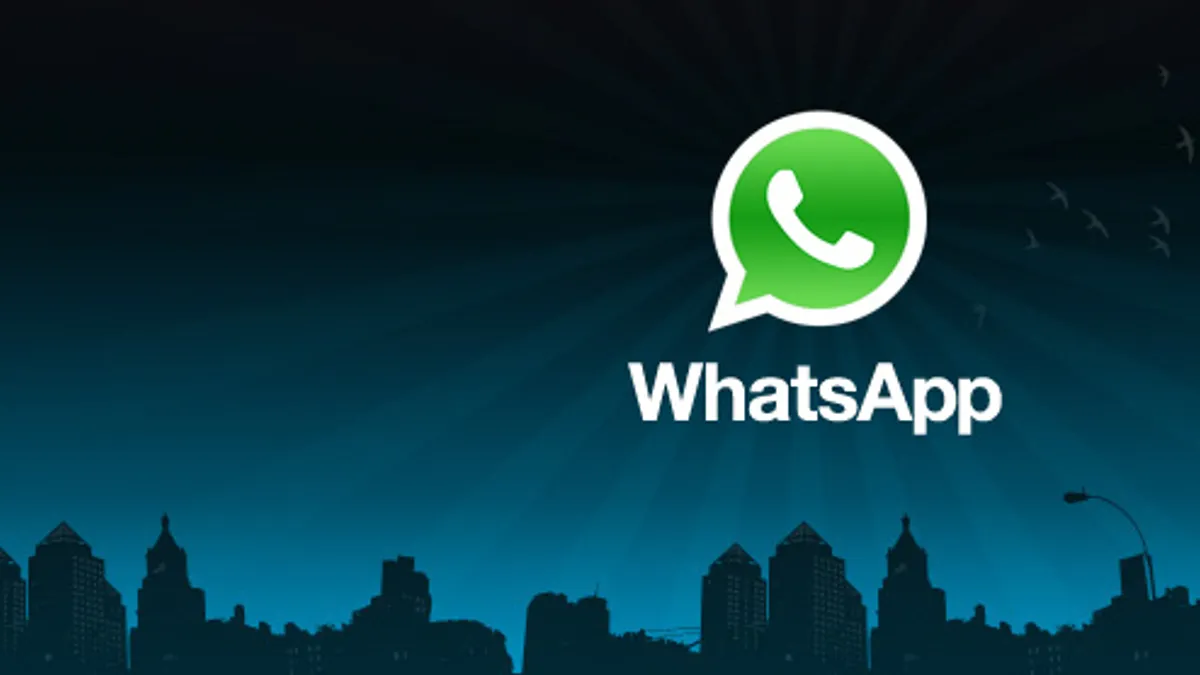Dive Brief:
- WhatsApp is planning to launch person-to-person digital payments in India possibly within the next six months, according to multiple reports. India is the Facebook-owned mobile messaging app’s largest market with approximately 200 million users.
- Facebook Messenger has introduced digital payments in messages, but WhatsApp hasn’t entered the digital payment fray to date. If WhatsApp executes digital payments in India, it will compete with Paytm, a virtual payments service backed by China’s Alibaba, to win over Indian wallets.
- WhatApp is expected to rely on the Unified Payments Interface (UPI), a payment system regulated by the Reserve Bank of India, to enable digital payments. UPI facilitates fund transfers on smartphones between people or banks.
Dive Insight:
India is a ripe market for digital payments. The country has experienced a rise in mobile money following Prime Minister Narendra Modi’s widely criticized currency action in November demonetizing 500 and 1,000 rupee notes. A tiny portion of India’s population of nearly 1.6 billion people — estimated at 200 to 300 million — employ traditional banking services. And, last year, India surpassed the U.S. to become the second-largest smartphone and Internet market on the planet.
According to numbers revealed in a TechCrunch story, Paytm has 135 million mobile wallets in use, double its nearest competitor in India. Paytm’s penetration or lack thereof leaves plenty of room for digital payment newcomers to make headway in India. Swedish company Truecaller recently rolled out payments in the country. However, WhatsApp has many advantages. Neil Shah, an analyst at Counterpoint Research, told the Financial Times that Indians already depend on WhatsApp to conduct business. “I’ve seen people selling baby clothes, medicines, art and craft supplies — it’s become a Craigslist type of offering," he elaborated.
Speculation is already mounting that WhatsApp could spread digital payments beyond India. Across the globe, the app has 1.2 billion monthly users sending 64 billion messages daily. Mobile payments are likely to be a big endeavor for WhatsApp, even if only a fraction of its users transmit virtual cash, because they can help ensure users to stay within the platform. Still, it could be a while before digital payments from WhatsApp or otherwise catch on everywhere. As media agency network MEC points out, U.S. consumers “cling to paper and plastic currency.”














